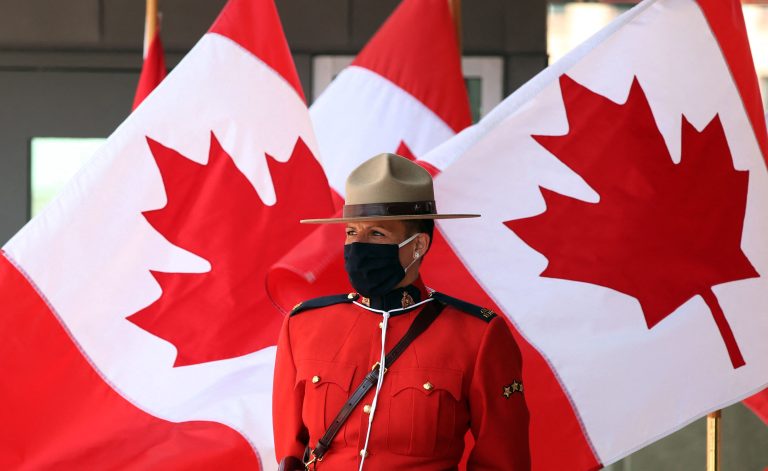On Dec. 29 Canada’s antitrust tribunal approved Rogers Communications Inc’s controversial $20 billion (US$14.78 billion) bid for rival Shaw Communications Inc.
The late night ruling, during the holiday week, dismissed Canada’s Commissioner of Competition, Mathew Boswell’s pleas to scrap the deal.
“I am very disappointed that the Tribunal is dismissing our application to block the merger between Rogers and Shaw,” Boswell said following the ruling, adding that “We are carefully considering our next steps.”
The commissioner could still appeal the decision as the Tribunal reveals the details of the merger over the coming days.
The two companies said they will now seek government approval for the merger that was announced in March 2021 when the Shaw family decided to sell the company to Rogers for $40.5 (US$29.92) per share.
Success
You are now signed up for our newsletter
Success
Check your email to complete sign up
David McFadgen, a Cormack Securities analyst believes the deal will close saying, “The deal will receive all necessary approvals. The objection by the Competition Bureau was the main hurdle to overcome,” Reuters reported.
Shaw shares surged nearly 10 percent on the Toronto Stock Exchange following the announcement while Roger’s shares rose more than four percent.
READ MORE:
- Bank of Canada Posts First Loss in its 87-year History
- Most Canadaians Prefer ‘Merry Christmas’ to ‘Happy Holidays’: Poll
- Nearly 90% of Canadians Want Ottawa to Set Up a Foreign-Influence Registry
Deal angers many
The deal has not been popular among many Canadians who argue the merger could drive up prices for telecommunication services. Canadians already pay some of the highest prices in the world for telecommunication services with many pointing to a lack of competition as the culprit.
Prominent Canadian conservative politician, Roman Baber, told his over 100-thousand followers on Twitter, “Can’t believe Rogers was cleared to buy Shaw. Canada needs more telecoms, not less. Lack of competition is why Canadians pay some of the highest cellphone and internet fees in the world. Protectionism is bad for consumers.”
Michael Geist, the Canada Research Chair in Internet and E-Commerce Law at the University of Ottawa, argued that deliberations over the matter were resolved much quicker than what has been typical in the past.
“The last Tribunal merger decision took more than 600 days to reach a decision. Rogers-Shaw was released in a few weeks. That no one is surprised at the expedited release or the outcome is telling,” he Tweeted in response to a Globe and Mail headline reading, “The rushed Rogers-Shaw decision shows Canada is captive to bullying billionaires.”
Opposition to the deal appears to be bipartisan with politicians from both sides of the aisle voicing concerns over the merger.
Catherine McKenna, a prominent liberal told her over 181-thousand followers on Twitter that Canada needs to fix Canada’s Competition Act “ASAP” following the Tribunal’s decision.













